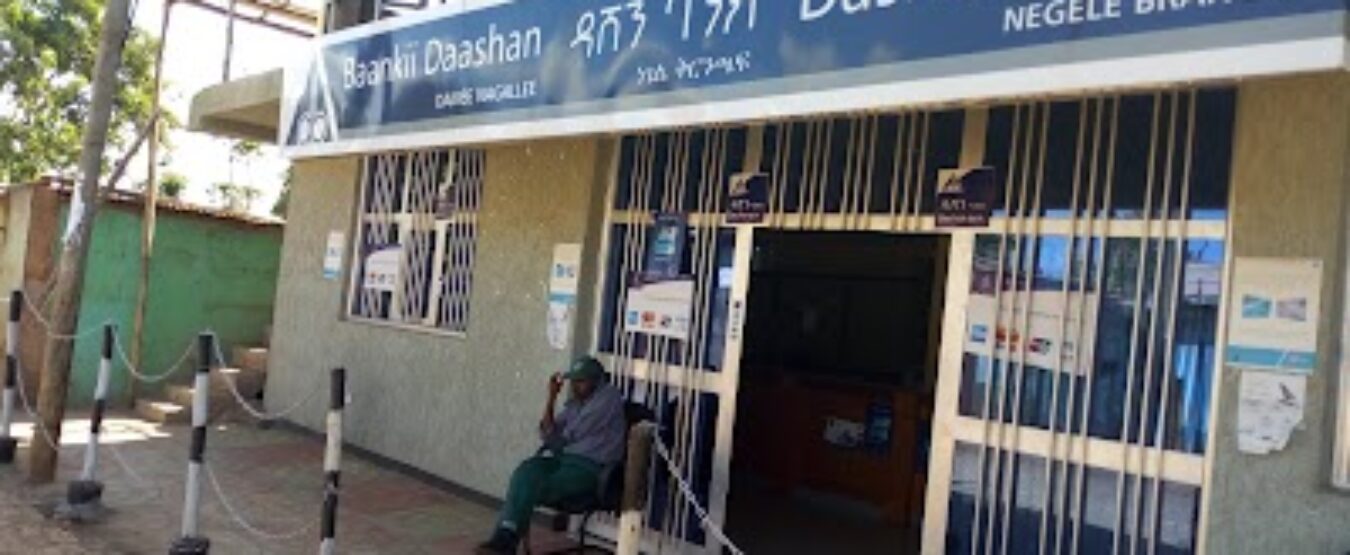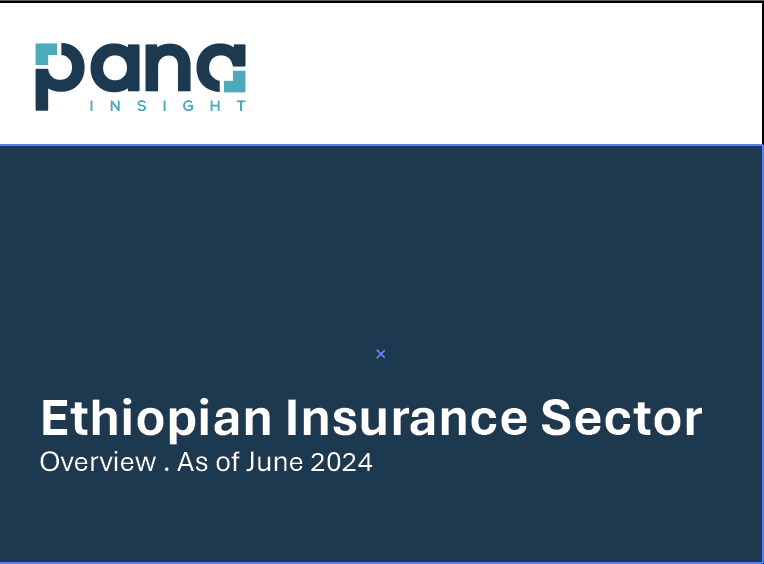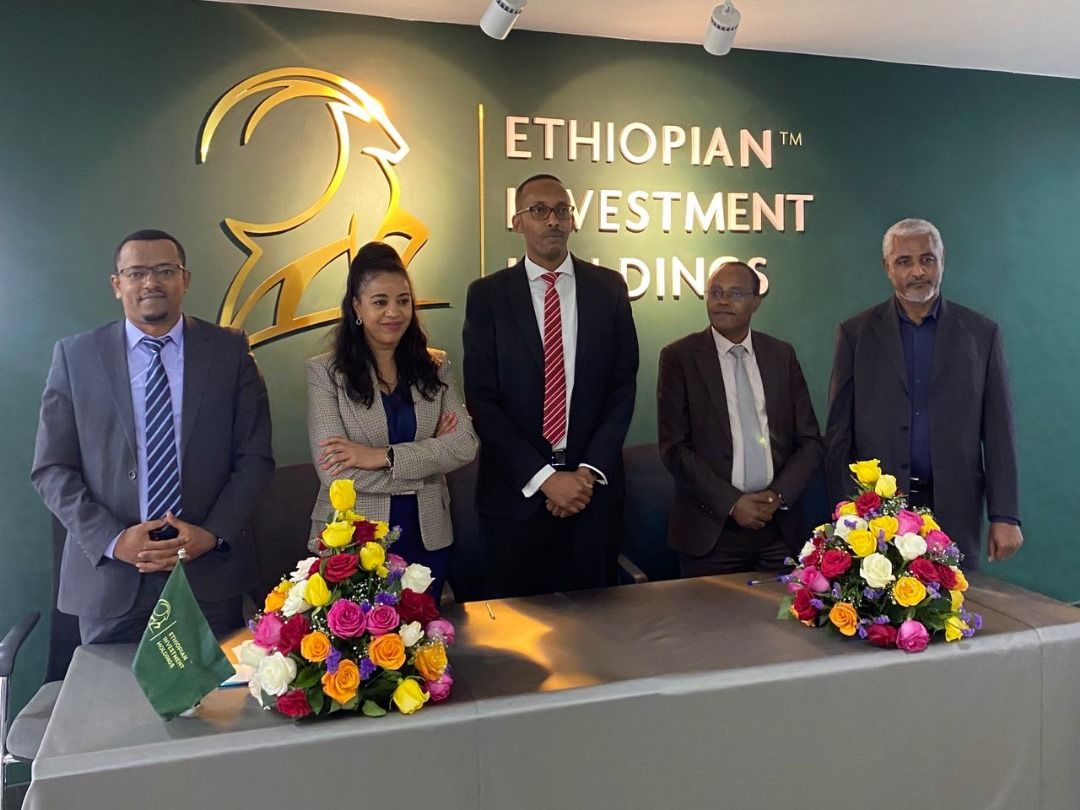British International Investment (BII), the UK’s Development Finance Institution (DFI), and FMO, the Dutch entrepreneurial development bank, have jointly pledged $40 million to Dashen Bank . This substantial financial support is aimed at catalyzing Ethiopia’s agricultural sector and facilitating access to essential foreign exchange within the country.
The agricultural sector in Ethiopia holds paramount importance, employing 80 percent of the population, contributing 39 percent to the Gross Domestic Product (GDP), and generating 90 percent of the nation’s foreign currency through exports. However, limited access to capital has hindered its growth potential.
The collaborative commitment from BII and FMO seeks to address this challenge. By providing capital for expanding businesses, the development finance-backed facility empowers Dashen Bank to offer USD-denominated loans for importing machinery. This move is expected to boost productivity in crucial areas such as harvesting, logistics, and processing, consequently increasing export earnings.
The broader financial support for agricultural enterprises, ranging from cut flower and coffee producers to livestock farmers, is poised to stimulate innovation, spur business growth, elevate quality and safety standards, and add value to the sector. Furthermore, it holds the promise of significant economic potential, promoting more inclusive financial growth in Ethiopia, where only 45 percent of the population currently has access to bank accounts.
This partnership marks a milestone in private sector development, with BII and FMO being the first foreign financial institutions to provide long-term funding to Ethiopia’s financial services sector, adhering to the new intermediation directive for banks issued by the National Bank of Ethiopia in 2021. Their joint efforts aim to instill confidence among international and domestic investors, mobilizing greater private capital for Ethiopia’s development.
Additionally, this collaboration will support Dashen in enhancing its governance, risk management, Environmental and Social (ESG) practices, and gender equality standards, setting a new benchmark in the country.





